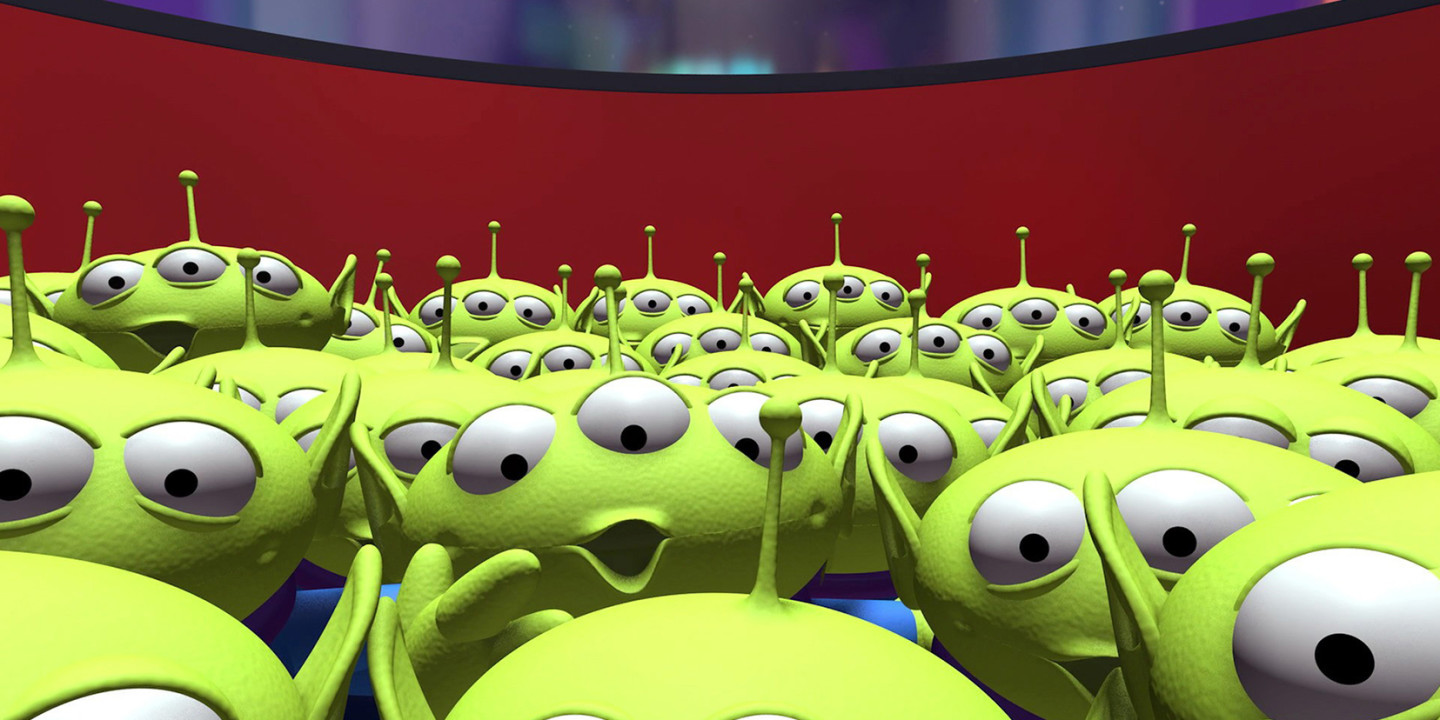To my mathematical brain, the numbers alone make thinking about aliens perfectly rational. The real challenge is to work out what aliens might actually be like.
– Stephen Hawking
Up the airy mountains, down the rushing glen, we dare not go a-hunting, for fear of little men… Have you ever asked yourself, honestly, what your conception of an alien would be. Have you taken cues from Hollywood with little green men, giant insects and pointy-eared geniuses? Have you contemplated the cosmos and intelligent life outside the boundaries of Earth? You would not be alone to think in terms of a grander scheme of existence or another picture of life.
When it comes to the otherworldliness of things, many of the ideas and opinions are seen as the welcome wagon to crazy town. We hear scientists extrapolate theories of the universe, but only see wild-eyed, electric-shock haired professors on the History Channel speak authoritatively about those who are not of this world. Where does reality meet with invention? Is it at the Stephen Hawking end of mathematical probability or at the Willy Wonka end of fantastical story?
I think the definition of what it is to be alien is particularly important in the conversation. What got me thinking about it was reading Hebrews 11:38. While discussing the heroes of the Christian faith, the writer of Hebrews states that the world was not worthy of them. Contrary to the life of the normal person in society, a distinguishing faith has marked a select group of people as otherworldly.
While there is a different concept of the “alien”, more regularly associated with foreigners within texts of the Bible, it is safe to say from our 21st century vantage point that many of the stories in the Bible deal with a variety things that are alien to our modern concepts of what life contains or should contain. From angels and demons, to miracles and deities, otherworldliness is a heritage from which we who claim the name of Christ have been born into.
Our rebirth into the Kingdom of God has set us apart to a place worthy of more than what the world we know has to offer. For many, the search of finding their niche in this world is a high-minded task they undertake. While we all wrestle with the search for meaning in our lives, the otherworldly path to significance takes its cues from a standard that mathematical probability and fantasy cannot begin to encapsulate.
For those of us who find ourselves in Christ, our identity sets us apart from the world. You may have seen a NOTW window sticker on someone’s car. Not of this world is a calling card of those who have found their identity separated from the world. Paul’s perception of our alien nature exhorts us in Corinthians, noting that we are of Christ, and He is of God. In John, Christ’s own words show us the otherworldliness of our existence: “…for they are not of the world any more than I am of the world.”
Not of this world is an identity given from the Father through Jesus Christ. Our identity is not a hybrid of our own configuration. It is not a balancing act of B.C. and A.D. in our Christian experience, compounded by our personal associations and achievements. I believe there are many who find struggles in their walk of faith because they have not made clear lines of separation with their identity. I see the difficulties of those balancing the life of Christ with something else, trying to discover peace as they manage the old self and the new – the world and the alien. Stephen Hawking supposition about the real challenge of aliens is clearly true when applied to the Christian life.
What are we to be like when we live in the otherworldly identity that we have in Christ? Many people today have blended an altruistic Christian sub-culture mindset with a construct of loving others the way the world says to love others. Some have used second or third hand experiences of God and humanistic moral compass to find the center of their faith. Unfortunately, a world that does not seek first the Kingdom of God has no authority in the discussion of Christ’s love. It is not our experience of others or our informed perspective that shows us the true face of God; it is only our first hand experience of Him.
Living as those of whom the world is not worthy is no easy task. We cannot undertake it in our own strength, with our own ideas about how it plays out or for our own glory. Affirming our alien status in this world means shedding the identities in our lives outside of our one true identity in Christ. It is only in fully embracing our life as a new creation, worthy of more than the world has to offer, and seeking to experience Him above all that we desire that will help us transcend the illusion in this world and see the reality of God and his desires for us while we are here on earth.
In his strength and provision, we must be confident in Him over ourselves. In our experience and circumstances, we must display his power over our abilities. In a world where people craft their own beliefs, engage spiritually with a cafeteria mindset and reinterpret God to the relevance of the moment, our otherworldliness carries a value that is rich in transcendent hope. As we strive to know and experience Him, He will illuminate Himself in us; giving us power and strength that extends beyond the worthiness of the world. In this, we join other heroes of faith who, as Hebrews says, felt like strangers and foreigners on the earth:
People who say such things show that they are looking for a country of their own. If they had been thinking of the country they had left, they would have had opportunity to return. Instead, they were longing for a better country—a heavenly one. Therefore God is not ashamed to be called their God, for he has prepared a city for them.


Leave a Reply